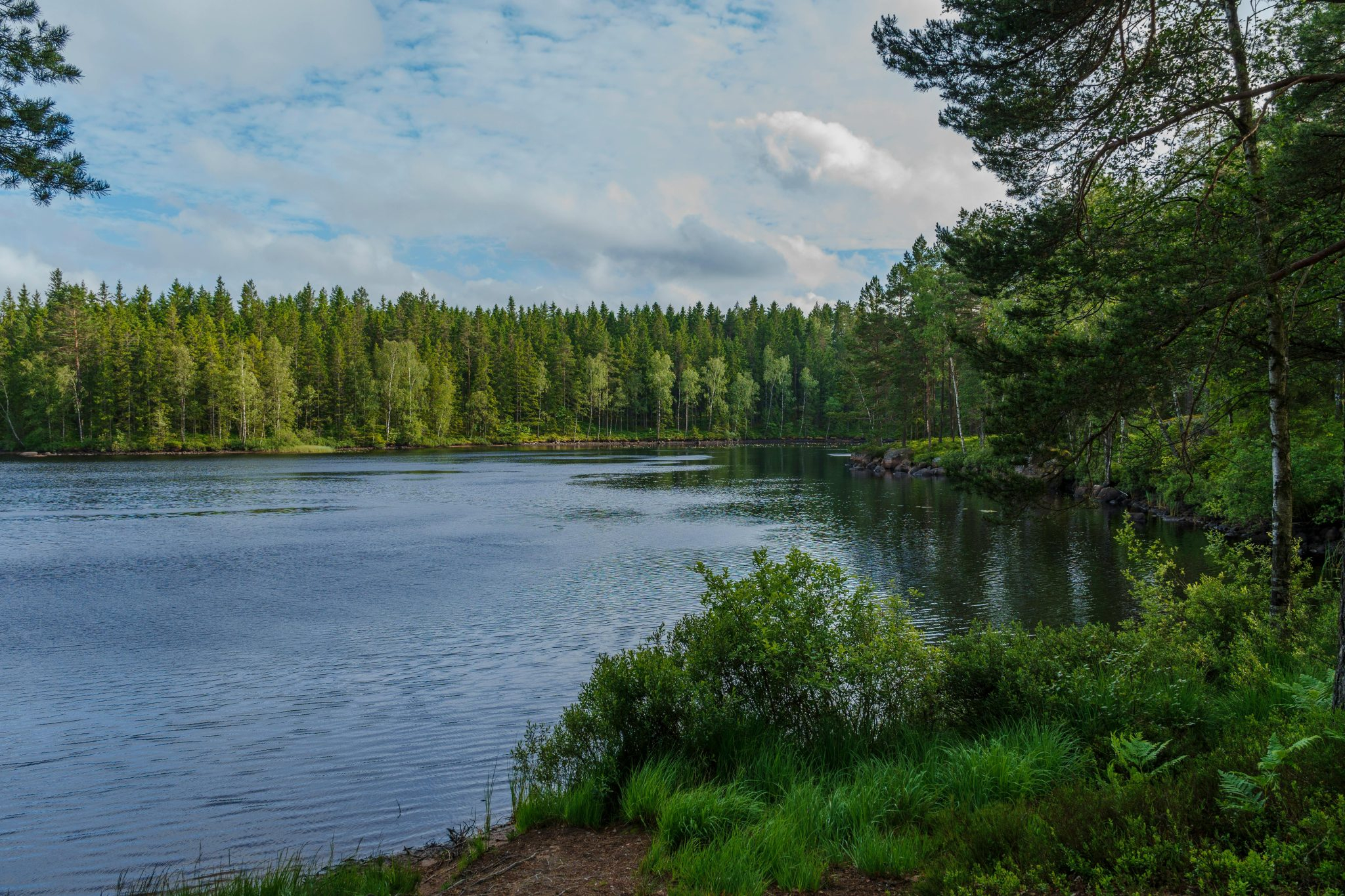Nature Photography for Beginners
Are you a beginner in the world of photography, looking to explore the beauty of nature through your lens? Well, look no further because nature photography can be both a rewarding and challenging experience for beginners. From capturing the vibrant colors of flowers to the majestic landscapes of mountains and oceans, there is no limit to what you can capture in nature. In this article, we will guide you through the art of nature photography for beginners and provide you with tips and techniques to enhance your skills. So, grab your camera and let’s embark on this exciting journey!
The Beauty of Nature Photography
Nature photography is a unique form of art that allows us to capture and preserve the beauty of the natural world. It not only helps us appreciate the wonders of nature but also serves as a way to document and raise awareness about the importance of conservation. With the advancement of technology, it has become easier than ever to capture stunning images of nature using digital cameras and lenses. However, it takes more than just a camera to capture striking images that can evoke emotions and tell a story.
Equipment and Gear
The first step in becoming a nature photographer is having the right equipment and gear. While a basic digital camera can get the job done, investing in a high-quality camera and lenses can make a significant difference in the quality of your images. A DSLR or mirrorless camera with interchangeable lenses gives you more creative control and allows you to capture sharp and detailed images. Additionally, a sturdy tripod, appropriate filters, and a camera bag are essential gear for nature photography.
Understanding Light and Composition
Light
In photography, light is everything. It plays a crucial role in creating the mood, tone, and overall impact of your images. As a nature photographer, you must train your eye to identify different types of lighting such as golden hour, blue hour, and diffused light, and how they affect your subject. The golden hour, which is the hour after sunrise or before sunset, is perfect for capturing warm and soft light, creating a dreamy atmosphere. Blue hour, which is the hour after sunset or before sunrise, can give your images a cool and serene look. Additionally, diffused light on a cloudy day creates soft and even lighting, ideal for capturing details and textures in your subject.
Composition
Composition refers to how elements are arranged within a photograph. It is a fundamental aspect of photography that can make or break an image. When it comes to nature photography, there are no set rules for composition, but certain techniques can help you create impactful images.
One of the most commonly used composition techniques in nature photography is the rule of thirds. This involves dividing your image into three equal parts vertically and horizontally and placing your subject or points of interest at the intersecting points. This technique creates a balanced and visually pleasing image.
Another technique is leading lines, where you use lines in nature such as paths, rivers, or tree branches to lead the viewer’s eye to the main subject. These lines add depth and guide the viewer through the image.
Patience and Persistence
Nature photography requires patience and persistence. It takes time and effort to find the perfect location, wait for the right lighting, and capture the desired image. It is crucial to study your subject, understand its behavior, and anticipate its movements. It may take multiple attempts before you can capture the perfect shot, but the end result will be worth it.
Post-Processing
Editing plays a significant role in the final outcome of your images. Post-processing allows you to adjust the exposure, colors, and other elements to enhance your images. While it’s tempting to go overboard with editing, it is essential to maintain the natural look of your subject and not manipulate it beyond recognition.
Conclusion
Nature photography for beginners may seem daunting, but with the right equipment, techniques, and patience, anyone can capture breathtaking images that tell a story. Remember to always respect nature and conserve its beauty for future generations. So, get out there, explore, and capture the magic of nature through your lens!










